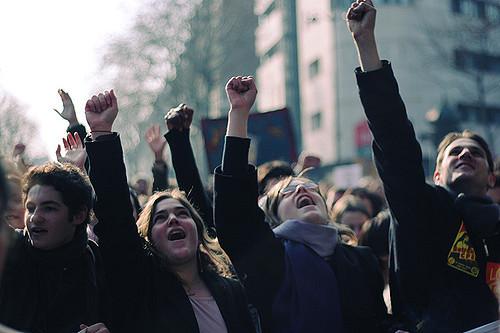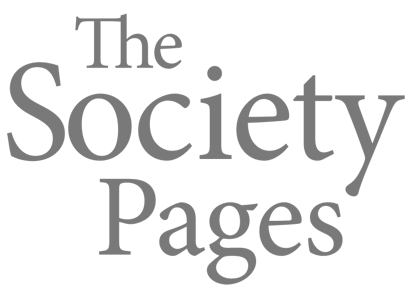
The presidential candidacies of Bernie Sanders and Donald Trump - both thought to make use of populist rhetoric by pitting virtuous “common folk” against nefarious economic and political elites - has lead observers of American politics to ask whether and how populism shaped voting the 2016 presidential election.
Recent research from University of Minnesota political scientist Wendy Rahn, and co-author Eric Oliver, takes on this question in two ways. First, the authors look for evidence of populism on the campaign trail by searching for evidence of populist language in campaign speeches from seven major presidential primary candidates. Populist language includes not only blaming the political/economic establishment for various social ills, but doing so in a way that is easy for most voters to understand.
Second, the authors search for signs of populism in the mass public by asking survey respondents whether or not they endorse key tenants of populism. These include the extent to which people distrust “experts” (e.g., scientists), are dissatisfied with government and elected officials, and associate being an American with their own personal identities.
The results suggest that populism was, in fact, an important force in 2016. On the campaign side, the authors observe how Donald Trump and Ben Carson frequently took on “the establishment,” highlighted American national identity, and did so in ways that most voters could understand. In the mass public, populism appears to have played a role in shaping how citizens intended to vote in the 2016 primaries. Critically, Donald Trump’s supporters (and, to a lesser extent, Ben Carson’s) endorsed populist ideals more strongly than supporters of the remaining Republican primary candidates.
On the left, the authors note that Bernie Sanders also expressed similar anti-establishment sentiments, but tended to do so using more complex language. Sanders’ primary supporters also held stronger anti-elitist sentiments than Clinton’s.
If populism mattered in the 2016 election, will it play a role in the 2018 Midterms or 2020 generals? This research suggests that the answer depends not only on whether or not citizens espouse populist ideals, but whether or not they are offered electoral choices that speak the language of populism.
Photo Credit: Gonzale, Flickr CC

